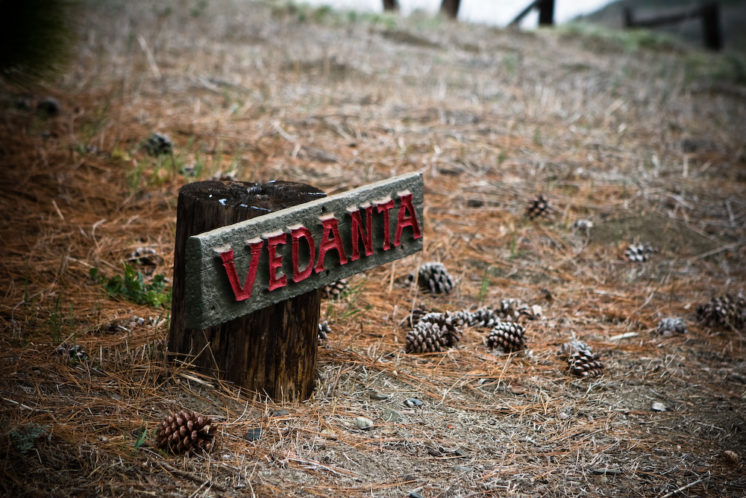This case illustrates how a company may choose to engage security forces that are willing to use violence to defend the company’s property, instead of responding to protestors’ concerns about the adverse impacts of the company’s operations.
 Photo: Flyshades/Flickr
Photo: Flyshades/FlickrSterlite Copper is a subsidiary of Vedanta Resources and has been operating a copper plant in Tuticorin, Tamil Nadu, India, since 1997. This copper plant has been the focus of much controversy and debate. A 2008 study found that water in the areas surrounding Sterlite contained dangerously high levels of iron, which Sterlite denied, claiming that the plant always complied with relevant laws and rules.[1]
In 2010, after claims that noxious emissions were having harmful health effects on residents, the Madras High Court ordered the closure of the plant. However, that decision was later stayed by the Supreme Court.[2] Several years later, the Sterlite Copper plant was temporarily shut down after an alleged gas leak. Local residents claim that emissions from the plant have caused many illnesses including cancer and respiratory problems.
In spite of these claims, officials at the plant announced that the capacity of the plant would be doubled in early 2018. This announcement sparked a series of protests from environmental defenders. On 22 May 2018, 13 people protesting against the Sterlite Copper plant were killed by police forces.[3]
A coalition of local civil society organisations, named the ‘Coordinating Committee for People’s Inquest into Thoothukudi Police Firing’, organised a People’s Inquest (PI) into the protests, recording a total of 15 deaths and hundreds of severe injuries, including among women and children. The PI found that Sterlite Copper had sought police protection of its property by means of an order imposing Section 144 of the Criminal Procedure Code 1973, which is declared when there is grave and imminent danger. Section 144 was imposed in a limited area close to the copper plant, but the PI recorded irregularities in the imposition and implementation of the procedure (including the lack of presence of responsible authorities, the timing of the imposition and the area of implementation) and concluded that most of the thousands of protestors on 22 May 2018 could not have been aware of this situation.[4]
The result of this course of events is that a largely non-violent movement with genuine concerns for pollution of their environment met with excessive police violence, which took place as a result of the company’s actions.[5]
[1] Amy Kazmin and Simon Mundy, “End looms for key Vedanta unit after bloodshed,” Financial Times, May 30, 2018, https://www.ft.com/content/ad43ab7c-63bc-11e8-90c2-9563a0613e56 (accessed November 11, 2019).
[2] Kazmin and Mundy, 2018.
[3] Simon Mundy, “Indian state shuts down Vedanta copper plant,” Financial Times, May 28, 2018, https://www.ft.com/content/2b2fdd44-6246-11e8-90c2-9563a0613e56 (accessed November 11, 2019).
[4] Coordinating Committee for People’s Inquest into Thoothukudi Police Firing, People’s Inquest into Thoothukudi Firings: Interim Observations (Madurai: People’s Watch, 2018), 20., https://www.peopleswatch.org/reports/fact-finding/peoples-inquest-tuticorin-police-firing-interim-report (accessed November 11, 2019).
[5] After the deaths, the Indian government decided to shut down the plant until further notice. As a result of the closure, Sterlite Copper and Vedanta have engaged in a long legal battle to reopen the plant; as recently as April 2019, the Supreme Court has continued to deny requests to reopen the Sterlite Copper plant in Tuticorin. For further information, see: “Supreme Court rejects Vedanta’s early hearing plea in Tuticorin case,” The Economic Times, April 12, 2019, https://economictimes.indiatimes.com/industry/indl-goods/svs/metals-mining/sc-rejects-vedantas-early-hearing-plea-in-tuticorin-case/articleshow/68844951.cms?from=mdr (accessed November 11, 2019).
